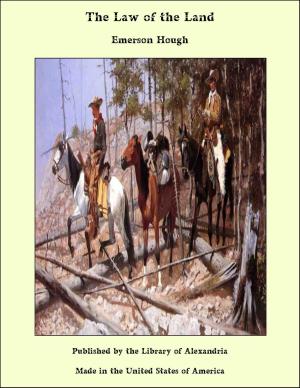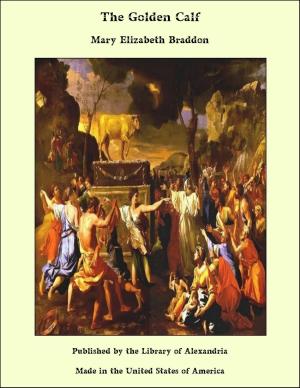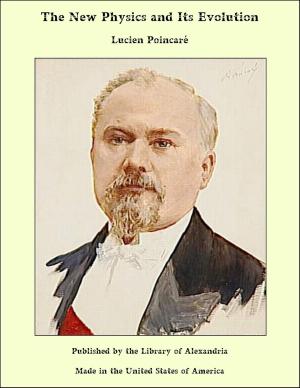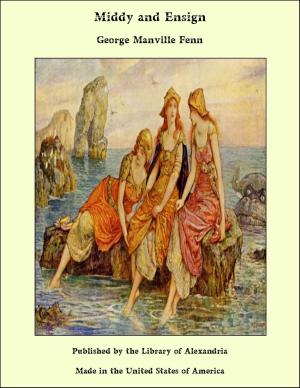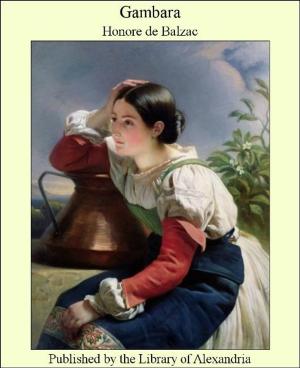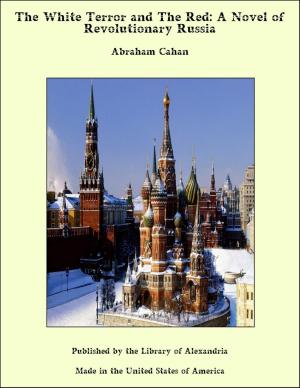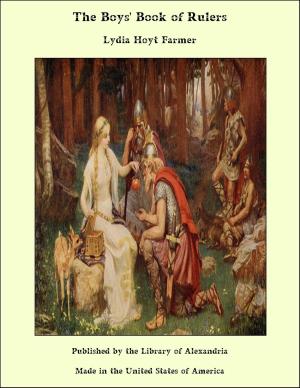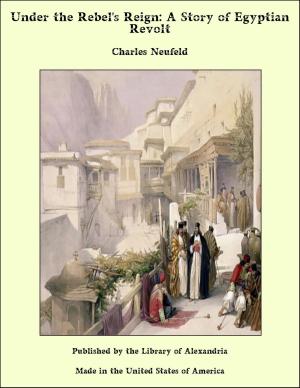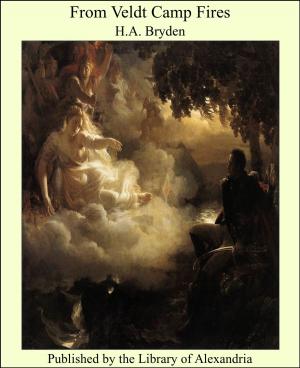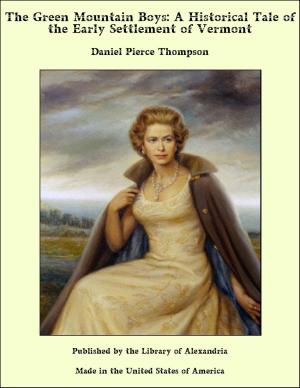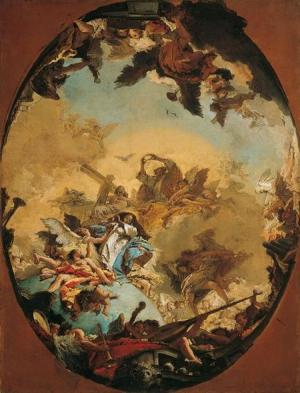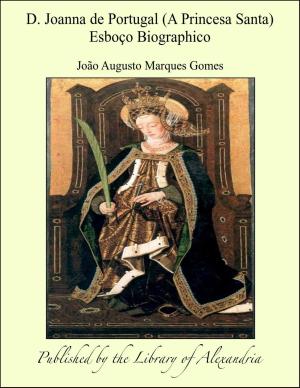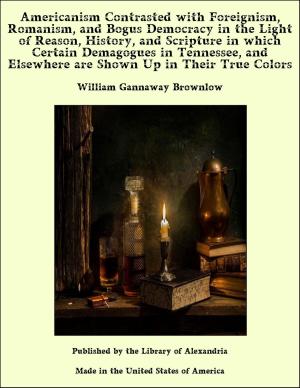| Author: | Lucia Ames Mead | ISBN: | 9781465514172 |
| Publisher: | Library of Alexandria | Publication: | March 8, 2015 |
| Imprint: | Language: | English |
| Author: | Lucia Ames Mead |
| ISBN: | 9781465514172 |
| Publisher: | Library of Alexandria |
| Publication: | March 8, 2015 |
| Imprint: | |
| Language: | English |
THE LONDON INTO WHICH MILTON WAS BORN To every well-read man whose mOther tongue is English, whether he be born in America or Australia or within sound of Bow Bells, the little dot upon the map, marked “London,” has an interest which surpasses that of any spot on earth. Though in his school-days he was taught nothing of the city’s topography and little of its local history, while he has laboriously learned outlandish names on every continent, nevertheless, in his mind’s eye, Westminster Abbey looms larger than Chimborazo, and a half-dozen miles of the tidal Thames have more of meaning to him than as many thousand of the Amazon, the Oxus, and the Ganges. To know London—its mighty, historic past and its complex, stupendous present—is to know the religion, the art, the science, the politics,—the development, in short, of the Anglo-Saxon race. Perhaps there is no better method of coming to know what is most interesting in this centre of all English life than studying one of the supremely important periods of its long history, when it was touched by the spiritual genius of one of England’s most noble sons. Three periods of a hundred years each stand out above all Others since the Christian era in their significance and richness of accomplishment
THE LONDON INTO WHICH MILTON WAS BORN To every well-read man whose mOther tongue is English, whether he be born in America or Australia or within sound of Bow Bells, the little dot upon the map, marked “London,” has an interest which surpasses that of any spot on earth. Though in his school-days he was taught nothing of the city’s topography and little of its local history, while he has laboriously learned outlandish names on every continent, nevertheless, in his mind’s eye, Westminster Abbey looms larger than Chimborazo, and a half-dozen miles of the tidal Thames have more of meaning to him than as many thousand of the Amazon, the Oxus, and the Ganges. To know London—its mighty, historic past and its complex, stupendous present—is to know the religion, the art, the science, the politics,—the development, in short, of the Anglo-Saxon race. Perhaps there is no better method of coming to know what is most interesting in this centre of all English life than studying one of the supremely important periods of its long history, when it was touched by the spiritual genius of one of England’s most noble sons. Three periods of a hundred years each stand out above all Others since the Christian era in their significance and richness of accomplishment



